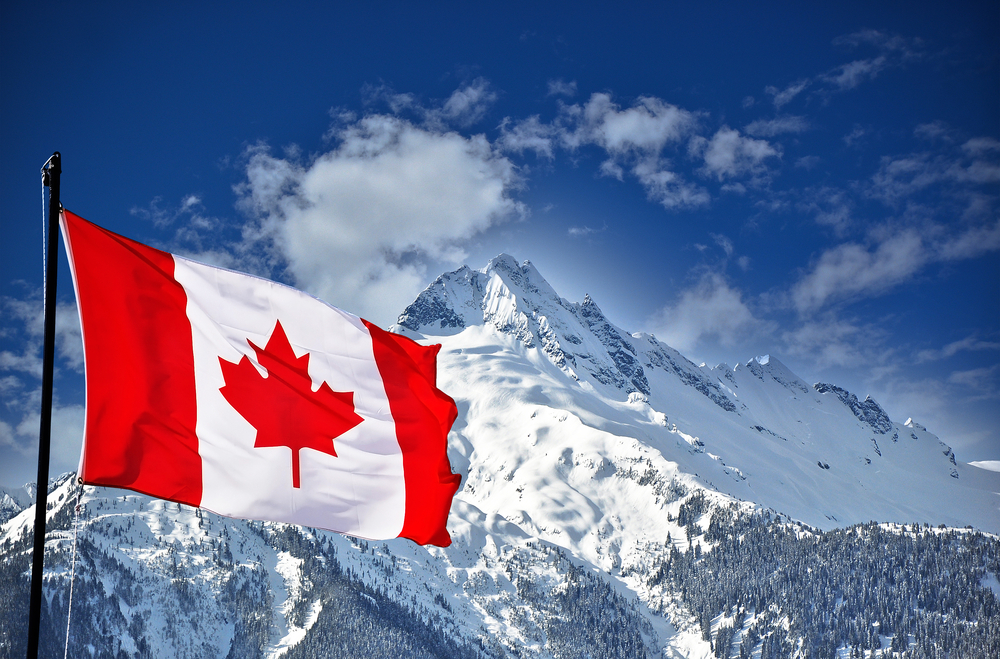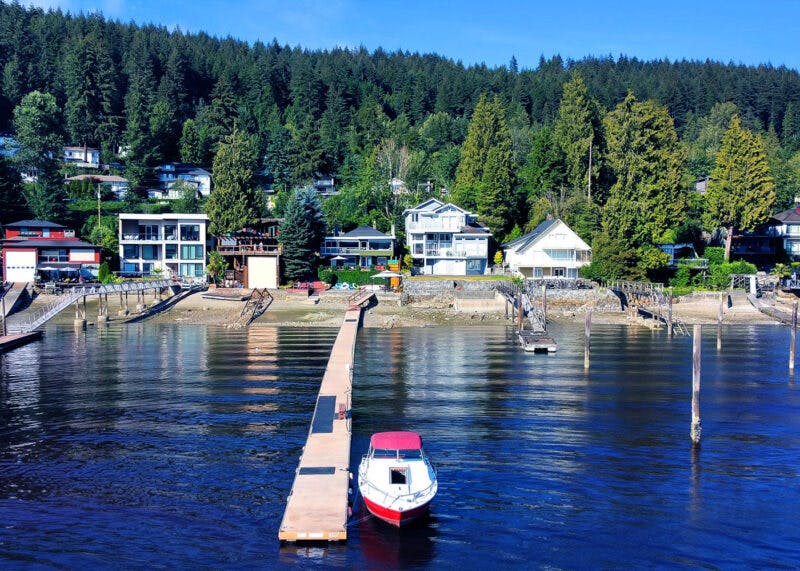
The climate of Vancouver is temperate due to exposure to the ocean. It is similar to the warm climate that is observed in the Mediterranean. June-July-August are often dry, but if drought occurs in this region of Canada, which happens during the last 2 summer months, then it is characterized by moderation. From October to March, it rains. The climatic situation is often overshadowed by the temperature features inherent in the northern part of the Pacific Ocean.
Daytime
Latitude 49 ° 15 ‘0 “N, on which, for example, Paris is located, is characterized by the fact that sunsets occur at 4:15 in the evening, and sunrises at approximately 8:10 in the morning. Starting in November and ending in February 70% of the light is “turbid,” as recorded by the Richmond Airport weather station, and it is cloudy in Vancouver because the high winds in the mountains lead to cloud formation.
Summers, by contrast, has a different weather situation, there is more sunlight. The period from July to August is the most sunny weather. For several nights during the summer solstice, at least 7.5 hours pass from sunset to sunrise.
About rains and winds
Vancouver is the 3rd rainiest Canadian city. There are more than 160 rainy days a year. According to specialists, the amount of precipitation in this city is 1,153.1 mm annually. In the north of Vancouver, this figure is higher – up to 2477 mm, according to research by Grouse Mountain. Thunderstorms rarely occur, in total there are approximately 6.1 thunderstorm days in a year. In spring and autumn, Vancouver is often cool, rainy.
As for strong winds, they rarely happen in Greater Vancouver. There were three strongest winds recorded in the history of the metropolis, which uprooted trees on large land plots.
Warm time
Relative heat in Vancouver begins in the month of March. Summer can be quite dry. In the summer months it may not rain for 5 weeks or it may happen that it rains for several days. By the way, this metropolis is one of the “driest” Canadian cities during the summer period, rainy weather begins closer to autumn and is observed until spring, approximately to its middle.
July is rightfully considered the driest month. So, in 2013 there was no rainfall recorded this month at all. This fact turned out to be a recipe. In other years, measurements show> 1 mm of rain.
About snow
Snow often falls in overlying areas, and this happens every winter. It also occurs in areas closer to sea level, but there is less snow. There is an opinion among visitors, as well as residents of other regions of Canada, that in Vancouver there is no snow at all. This is an erroneous opinion. There was not a single year that snow masses did not cover certain areas of this metropolis.
In 2015, there was a lot of snow, which caused Vancouver to take 3rd place among the largest metropolitan areas of Canada, in which the average annual snowfall fell at a level of 0.2 cm. At the same time, the climate in the coastal areas contributed to the fact that the city was in 59th place among the cities in terms of “The biggest snowfalls with a level of snowfall of 25 cm”, and the city went around Calgary, Toronto.
Snow in Vancouver is often wet. The degree of humidity, combined with the temperatures typical of this city (around 0 ° C), contributes to icing on urban roads.
There are years and months with snowfall with a level of 100 cm. This happened 2 times in the 90s of the last century. By the way, in 1971 a record was recorded – snow fell> 120 cm. This year, the greatest depth of snow cover was 61 cm.
It should be noted that even a small amount of snowfall can cause schools to close in Vancouver. It also becomes the cause of difficult traffic situations. It is difficult for urban infrastructure to cope with snow, to remove it efficiently and quickly. In city budgets, $ 400,000 is annually set aside for the maintenance of equipment designed for snow removal, as well as for the purchase of salt, which helps against icing, and for the payment of staff training. However, the costs of removing snow masses are financed separately and may be different in different years.
In 2008, a completely frosty and snowy Christmas happened. This was facilitated by a very cold temperature background and several successive snowstorms. As a result, a lot of snow accumulated. There was a lot of snow on Christmas 2007 and other years. But despite this, over the past 20 years, less snow has begun to fall in Vancouver.

